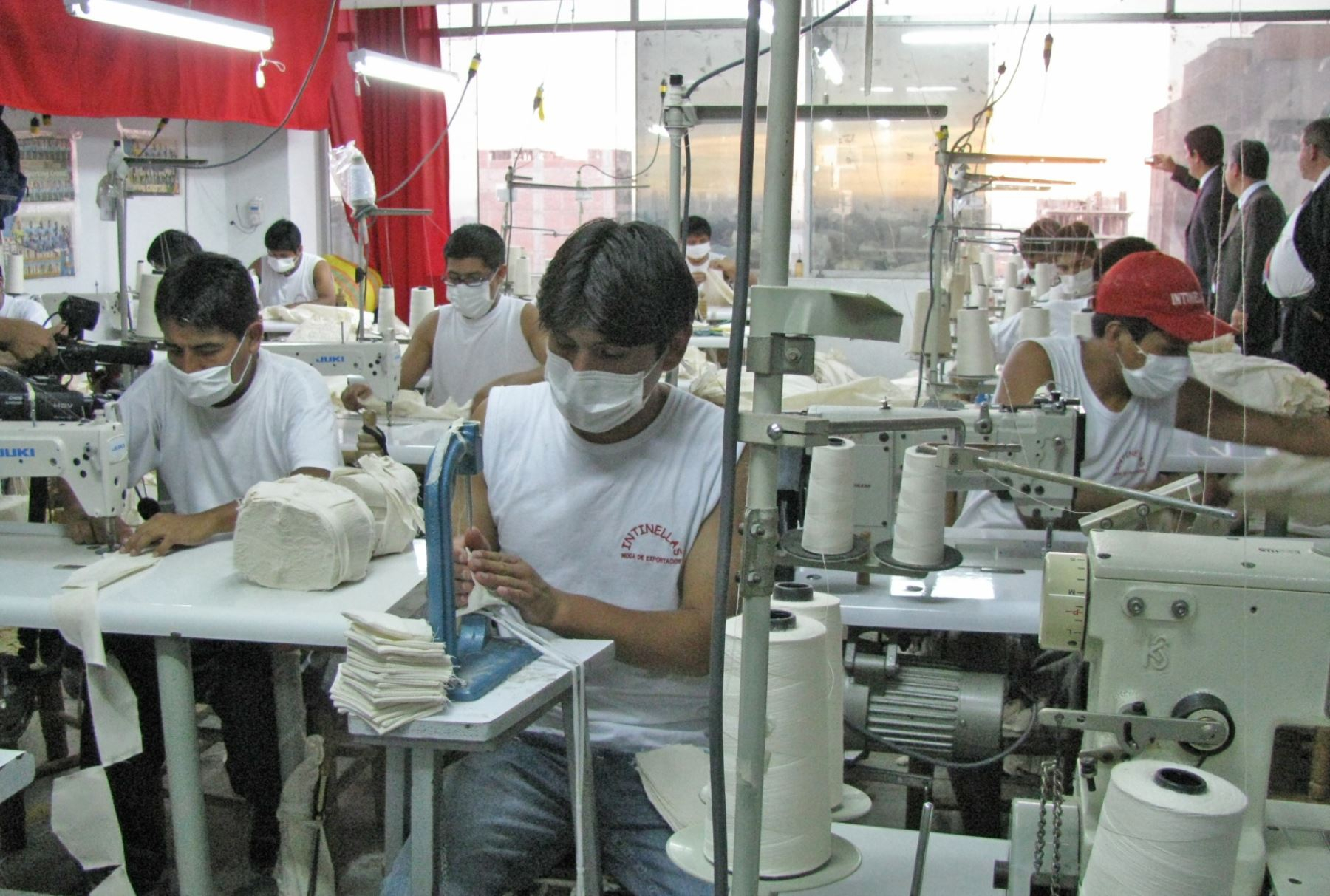
Textile companies that hire new workers will have access to an additional deduction of 50% of the basic remuneration, and those that invest in equipment will be able to depreciate up to 20% per year.
- They ask to approve a law that seeks to include snacks within working hours: how long would this benefit be?
- Price of the dollar today in Peru: what is the exchange rate for this Saturday, June 17?
As part of the measures implemented to reactivate the economy and promote employment within the framework ofl Plan With Punche Peru 2the Government has presented bill 05380/2022-PE to the Congress of the Republic, which aims to provide tax incentives to companies in the Textile and Clothing sector that invest in new machinery and equipment, as well as those that hire new workers during the year 2024.
The regulatory project establishes that companies in this area that hire one or more new workerss may benefit from an additional deduction in the determination of income tax for the taxable year 2024. This will correspond to 50% of the basic remuneration paid to the new worker, regardless of their working hours or their contractual modality. In this way, it seeks to encourage the generation of employment in the sector and promote its economic reactivation.
Requirements
Those companies in the sector that want to access contracting benefits must meet the following characteristics:
- The basic remuneration of the new worker must not exceed S/ 1,700 per month (fixed or variable)
- The employer must not be a beneficiary of one or more labor and/or pension subsidies granted by the State in the tax year 2024
- The employment relationship must begin on January 1, 2024 and the minimum term of validity of the employment contract must be one month.
- The benefit will reach taxpayers subject to the general income tax regime or the MYPE Tax regime, which develops textile product manufacturing activities, such as the preparation and spinning of textile fibers; weaving of textile products; manufacture of knitted and crocheted fabrics, among others. It also includes clothing manufacturing activities and the manufacture of knitted and crocheted items, among others.
Currently, this sector employs more than 420,000 workers, 99% of whom work in micro and small businesses.
Machinery and equipment depreciation
The second benefit of the bill will be to be able to depreciate the machinery and equipment acquired next year for its production processes by applying a maximum rate of 20% per year. Thus, this acceleration of depreciation does not imply a permanent waiver of tax revenue, but a deferral in the payment of income tax. This industry generates S/ 821.6 million in internal taxes, representing 7.3% of industrial GDP and USD 16.9 billion in exports.
It should be noted that the fiscal cost in 2024 of the highest maximum depreciation rate would amount to S/ 50 million per year. For its part, the collection impact of the benefit for those who hire new workers would imply less fiscal resources of around S/ 110 million.
Source: Larepublica
Alia is a professional author and journalist, working at 247 news agency. She writes on various topics from economy news to general interest pieces, providing readers with relevant and informative content. With years of experience, she brings a unique perspective and in-depth analysis to her work.











